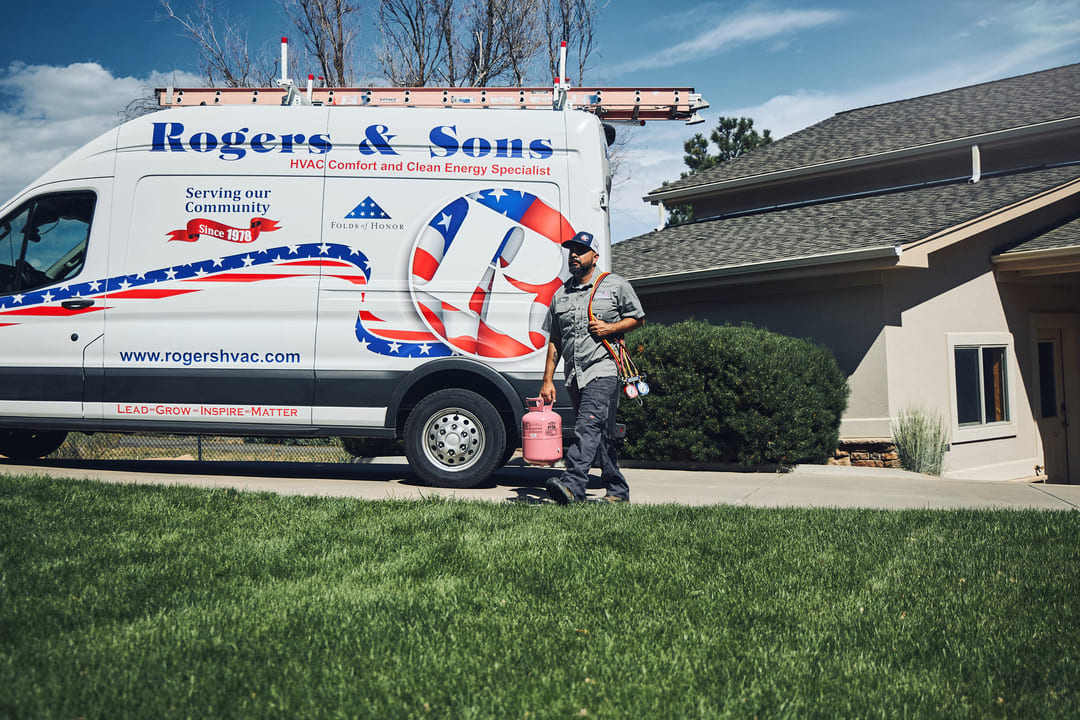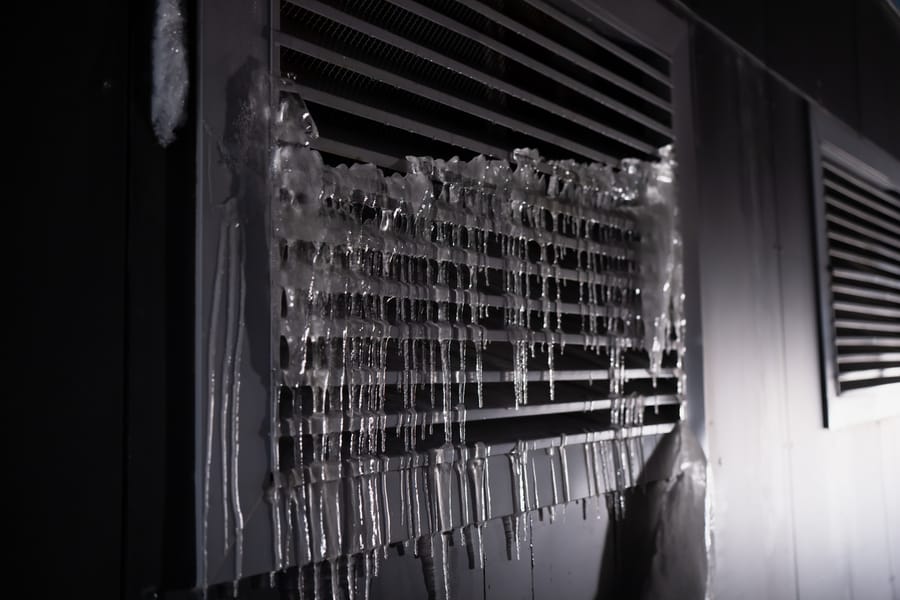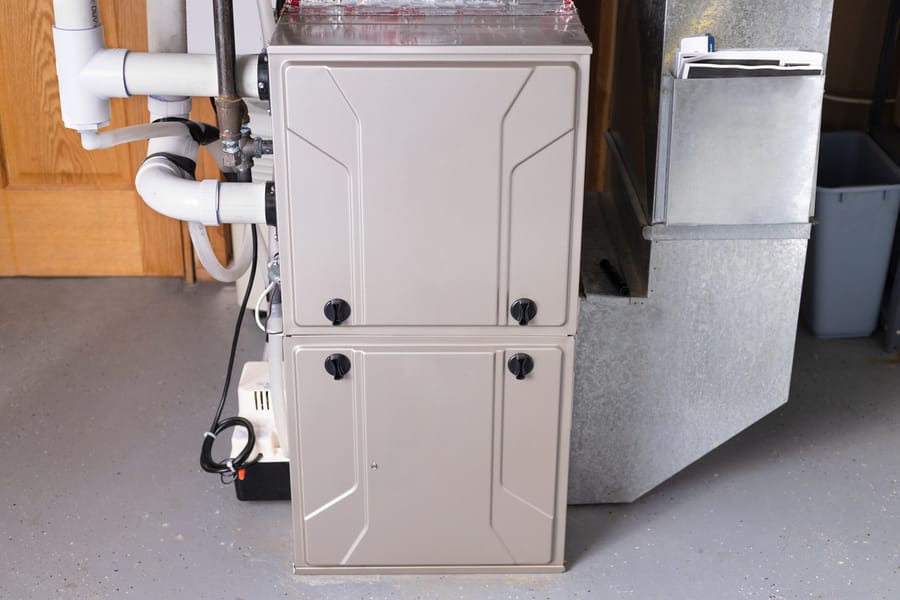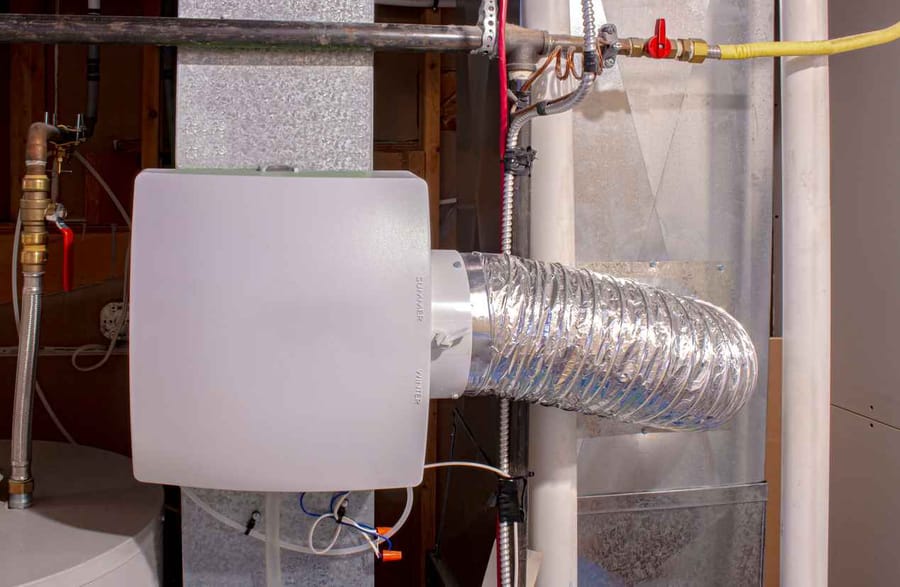greater Denver
Metro area
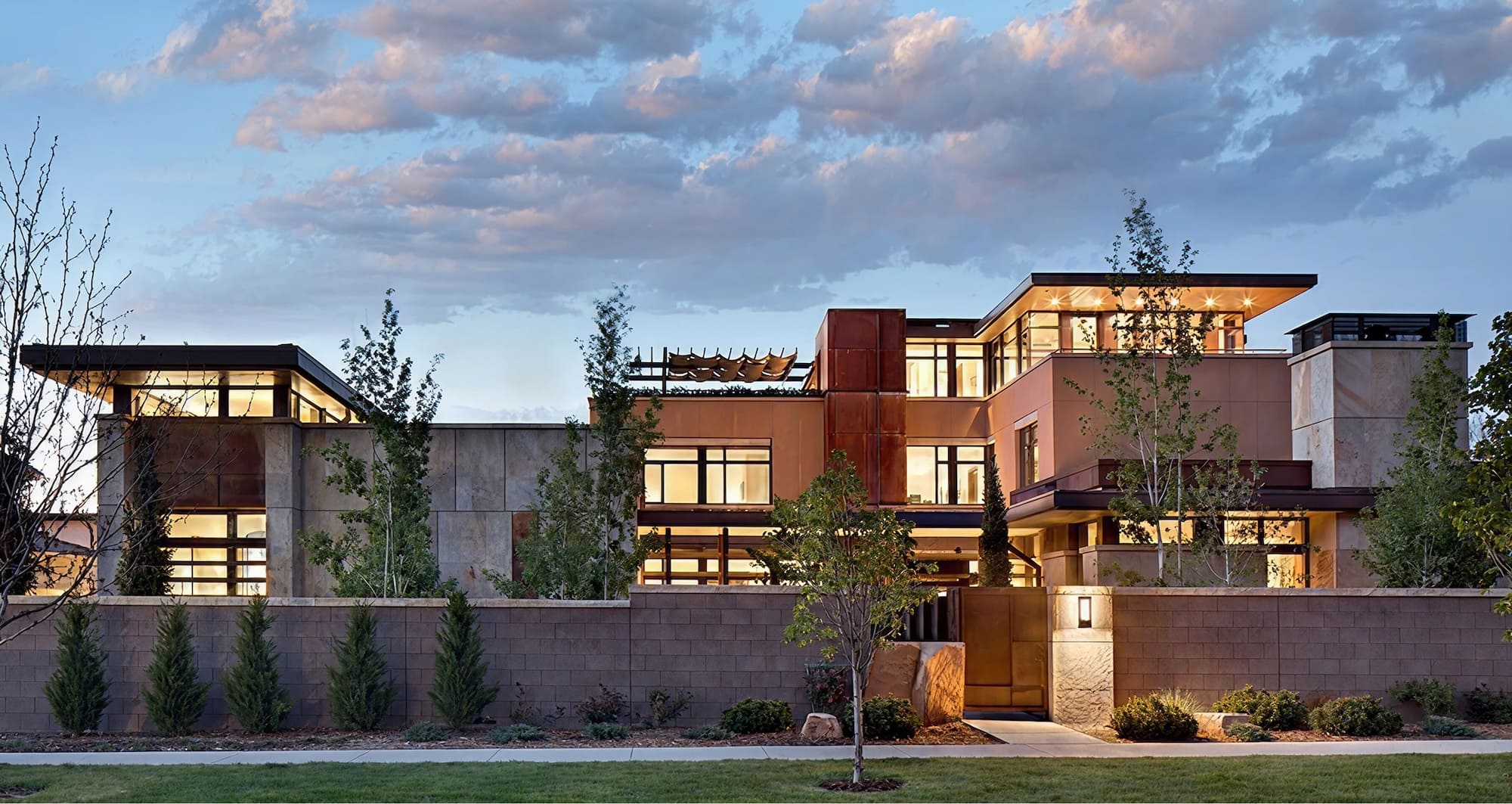
HVAC Frequently Asked Questions
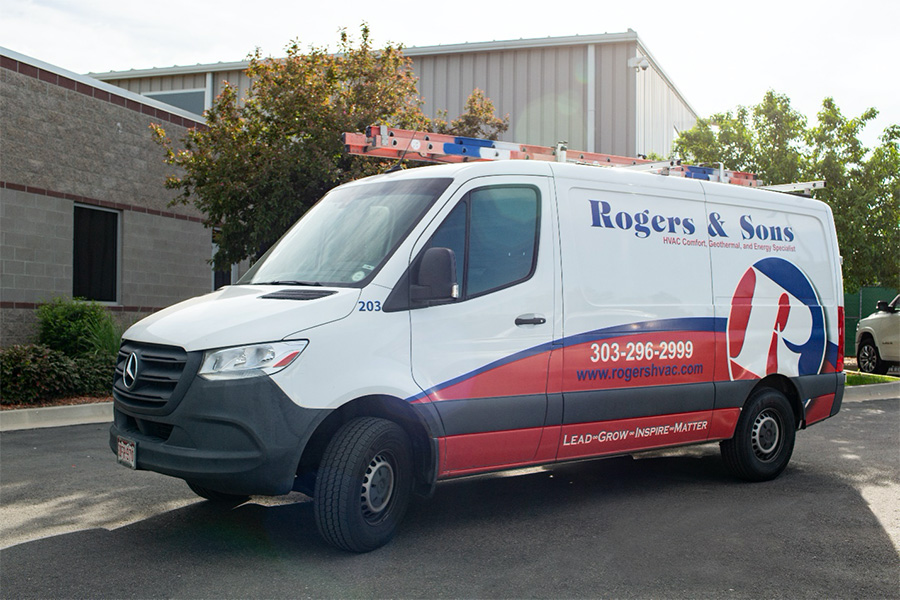
Rogers & Sons Guide to HVAC Frequently Asked Questions
In this addition to our HVAC FAQ, we’ll take you through some of the most common HVAC frequently asked questions from customers about their HVAC systems.
HVAC, or heating, ventilation, and air conditioning, is a crucial part of maintaining a comfortable and healthy living environment. However, many people have questions about how HVAC systems work, how to maintain them, and how to choose the right system for their needs. In this addition to our HVAC FAQ, we will answer some customer provided HVAC frequently asked questions to help you better understand this important aspect of your home or business.
-
What is HVAC and how does it work?
HVAC is a system that is used to regulate the temperature, humidity, and air quality of a building. It works by using a combination of heating, cooling, and ventilation systems to control the climate inside a building. The heating component of an HVAC system uses a furnace or heat pump to generate warmth, while the cooling component uses an air conditioner or evaporative cooler to remove heat. The ventilation component of the system helps to circulate fresh air throughout the building and remove stale air.
-
How do I know if my HVAC system needs to be replaced?
There are a few signs that indicate that your HVAC system may need to be replaced, including:
- Your system is more than 10 years old
- Your energy bills have been increasing
- Your system is making strange noises
- Your system is not keeping your home or business comfortable
- Your system is frequently needing repairs
If you notice any of these signs, it may be time to consider investing in a new HVAC system.
-
How can I improve the efficiency of my HVAC system?
There are several ways to improve the efficiency of your HVAC system, including:
- Regularly changing your air filters
- Scheduling regular maintenance for your system
- Sealing any air leaks in your home or business
- Insulating your attic and walls
- Installing a programmable thermostat
By taking these steps, you can help your HVAC system to run more efficiently and lower your energy bills.
-
What size HVAC system do I need for my home or business?
The size of the HVAC system you need depends on the size of your home or business, as well as the climate in which you live. A general rule of thumb is that you should have one ton of cooling capacity for every 600-700 square feet of living space. However, it’s important to consult with a professional to determine the specific size and type of HVAC system that is best for your needs.
-
How often should I schedule maintenance for my HVAC system?
It’s recommended that you schedule regular maintenance for your HVAC system at least twice a year, once in the spring and once in the fall. During these maintenance appointments, a professional, like one from Rogers & Sons, will inspect and clean your system, as well as make any necessary repairs. This can help to improve the efficiency of your system and prolong its lifespan.
Need Answers to Different HVAC Frequently Asked Questions?
Understanding your heating and cooling system is essential for maintaining comfort and efficiency. Our HVAC frequently asked questions page is designed to provide clear, expert-backed answers to help you make informed decisions about your system. Whether you’re curious about maintenance, energy savings, or system upgrades, we’ve got you covered. At Rogers & Sons HVAC, we’re committed to delivering reliable solutions and expert guidance to keep your home or business comfortable year-round.
